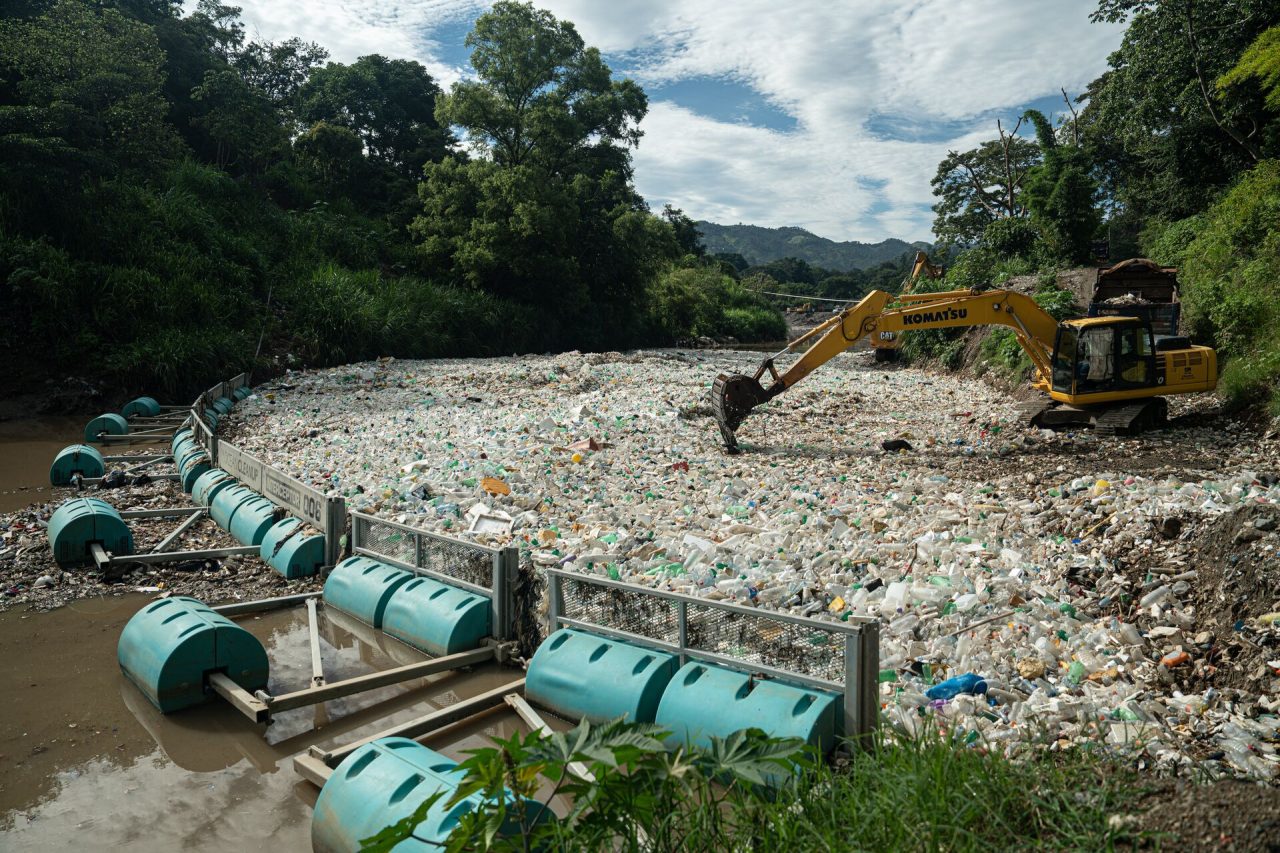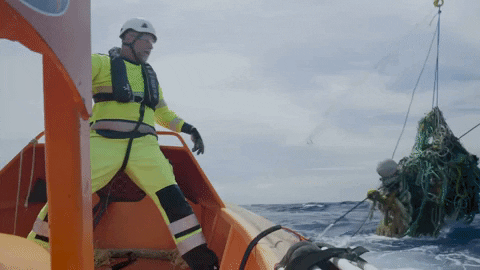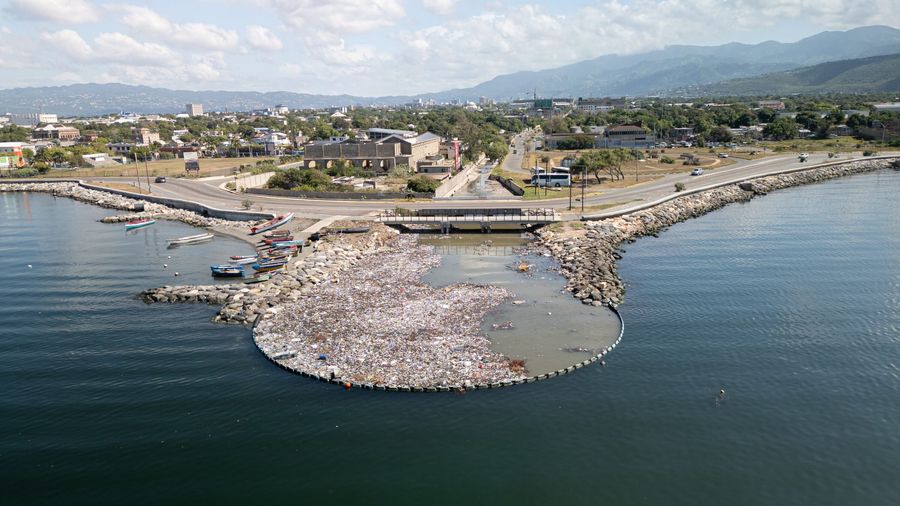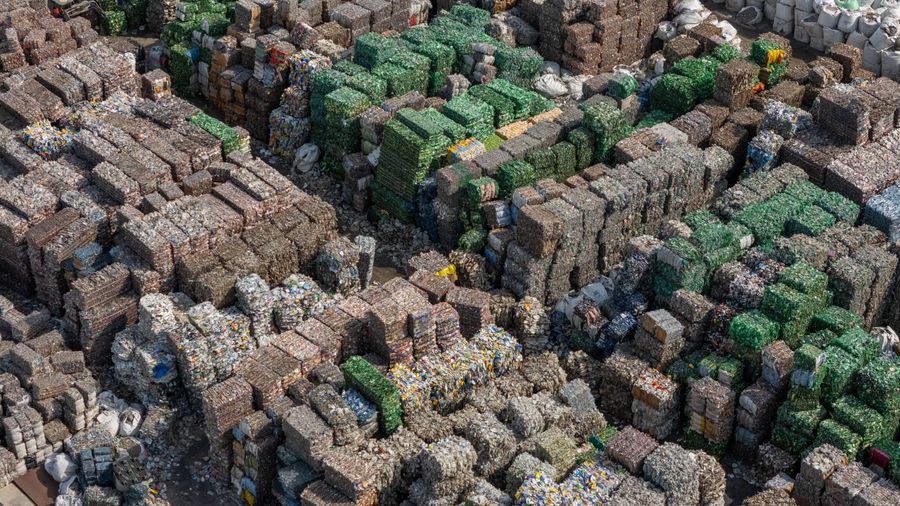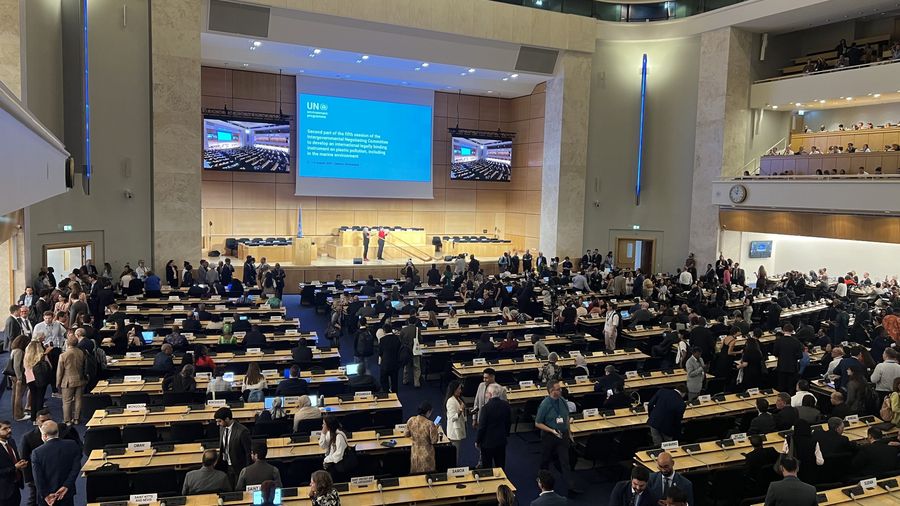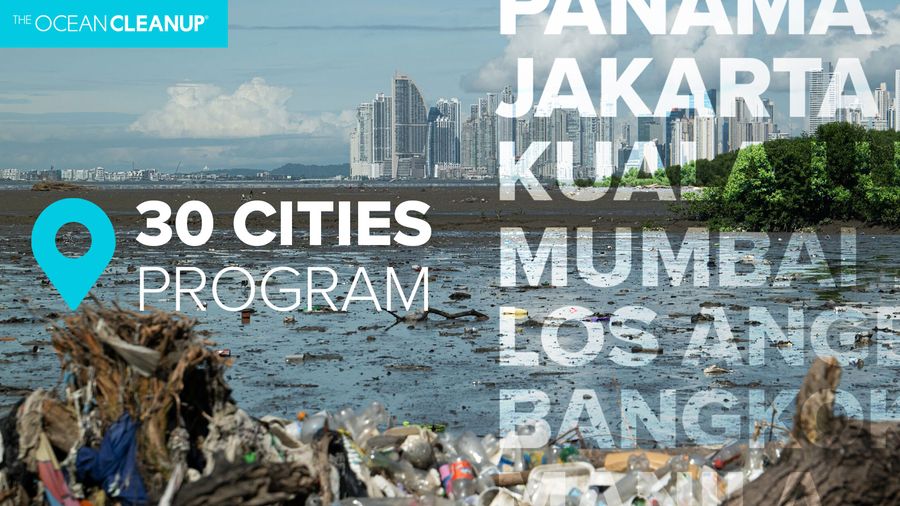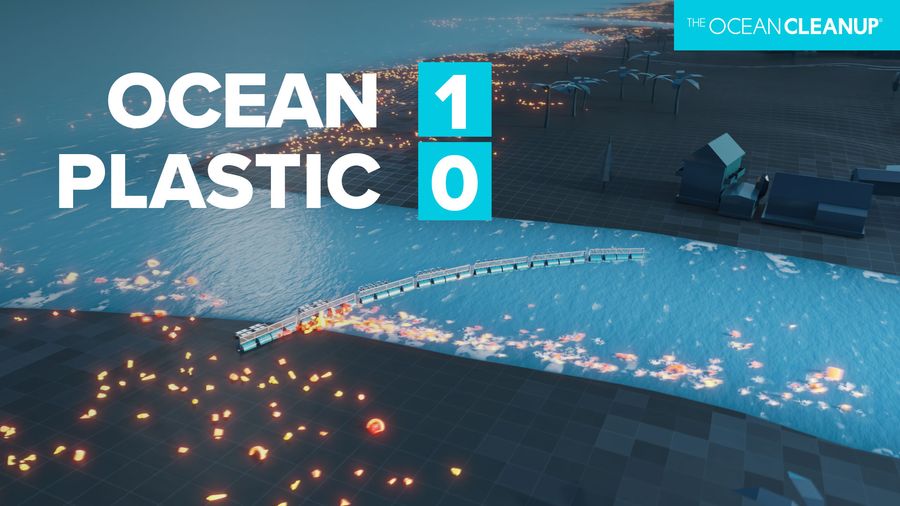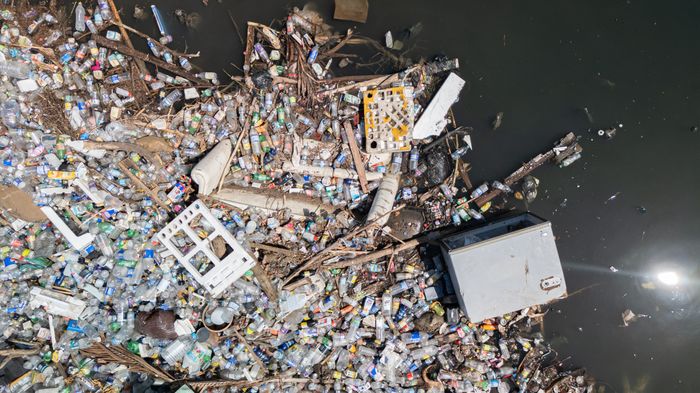
Plastic talks falter but tide to save oceans on rise
Back to updatesBy Monty Simus, Janne van Eerten, and Rosa Heuveling van Beek
- Despite a chorus of urgent calls from scientists, campaigners, and coastal communities, delegates left INC5.2 in Geneva without a binding commitment to halt the flow of plastic into our environment.
- For many following this over the past years, it felt like a recurring heartbreak as the world’s most ambitious attempt to rein in runaway plastic pollution hit yet another political wall.
Yet, while the treaty may have stumbled, the global movement to tackle the plastic crisis has not lost momentum. Far from it. Across continents, cities, and communities, the fight continues, powered by the same urgency that made a treaty possible in the first place. Now is the time for governments to align on upstream solutions: stronger regulations on single-use plastics, incentives for circular economy innovations, and the redesign of value chains to keep materials in use and out of nature. Now is also the time for industry to rethink packaging, logistics, and product lifecycles. Time for communities to adapt waste systems that work for their local realities.
Governments, industry and communities
For governments, now is the time to align on upstream solutions, including:
- stronger regulations on single-use plastics;
- incentives for circular economy innovations; and
- the redesign of value chains to keep materials in use, and out of nature.
For industry, now is also the time to rethink packaging, logistics, and product lifecycles. For communities, too, now is the time to adopt waste systems that work for their local realities.
Mosaic of actions, local and global
The lesson from Geneva is clear: progress on plastic will not come from one silver bullet, but from a mosaic of actions, local and global, upstream and downstream, public and private.
Even without a treaty, the tide of political will is still rising, from the Philippines to the EU, the legislative train moves ever forward, with bans and levies; multinational brands are investing in reuse models and investors are recognising that the future of plastics is circular.
Together, a myriad of organisations are working to tackle the plastic flowing from rivers into seas, in increasing efforts to halt the damage it is causing to people and places, lives and livelihoods.
Focus on choke points to buy time
The Ocean Cleanup works at the intersection of science, engineering, and diplomacy as part of its mission to rid the world’s oceans of plastic. The approach is pragmatic: while the world debates upstream reforms and global agreements, barrier systems are being deployed across rivers globally to intercept plastic before it reaches the sea; whilst, in tandem, efforts continue to remove what has already accumulated in ocean gyres.
The 30 Cities Program, launched by the organisation at the United Nations Ocean Conference in Nice this year, is central to that mission. It identifies 30 key cities in Asia and the Americas to tackle at scale.
From Mumbai to Panama, these 30 cities are some of the most polluting river-adjacent urban hotspots on the planet, that together represent a significant share of the plastic leakage into the world’s oceans. By focusing on these choke points, we can capture and remove plastic, millions of kilograms in total, from reaching marine ecosystems each year.
Paddle harder: Stay strong and pragmatic
It is easy to see the failure in Geneva as the end of a dream. We see it instead as a turning point.
The urgency remains, the technology exists, and the coalition of actors, from non-governmental organisations (NGOs) and governments to innovators and citizens, has never been stronger. So, every kilogram of plastic we prevent from entering it is a victory — a victory not just for ecosystems, but for coastal economies, as well as for future generations.
The treaty will return to the global stage in another form, at another moment. When it does, it must be informed by proof-of-concept projects and scaled solutions now taking shape. That is why the work of The Ocean Cleanup, and many partners worldwide, is not just cleanup, it is groundwork.
